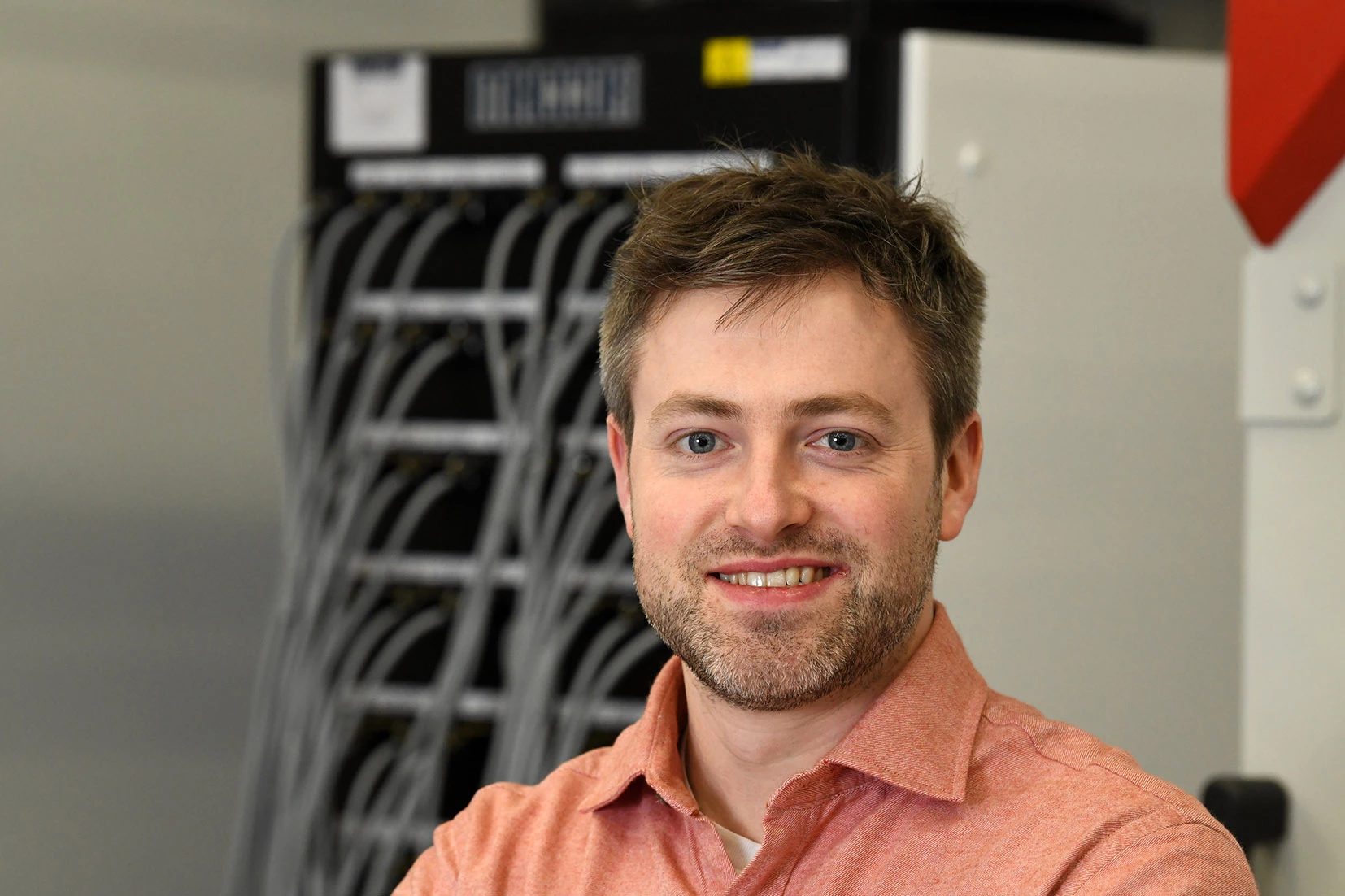
Partner Article
C-ALPS technology chosen to play critical role in €7m hydrogen-powered mass passenger coach project
Coventry University’s reputation as a world leader in clean mobility has received a major boost today, after it was selected to play a significant role in a €7m project that will help develop hydrogen-powered mass passenger coaches.
The Centre for Advance Low Carbon Propulsion Systems (C-ALPS) is one of the ‘CoacHyfied’ partners, a 14-strong consortium led by higher education and engineering partners determined to develop new technology that could eliminate up to 1.4million tonnes of CO2 generated by diesel-fuelled coaches in the UK alone.
C-ALPS, which is currently investing £2m into developing a world class hydrogen fuel cell development facility in Coventry, is responsible for the advanced thermal management system that will look to increase fuel efficiency in novel ways, including harnessing waste heat from the hydrogen fuel cell to power air conditioning in cabins.
“We are delighted to be part of CoacHyfied and to be able to broaden the international knowledge of hydrogen propulsion,” explained Dr Oliver Curnick, Associate Professor in Electrochemical Power Sources at C-ALPS.
“It is anticipated that the findings of the project will be of benefit to coach manufacturers as well as future transport operators, who will need to find innovative solutions to support clean mass transport in the future.”
Led by global engineering consultants and founding C-ALPS partner FEV, CoacHyfied is to present solutions for challenges in the medium range regional and long-distance public and commercial transport sector by developing and operating six fuel cell coaches at two regions in Latvia and France in two to three-year demo phases.
Two types of coaches will be investigated. One is dedicated to OEM-based new-built fuel cell coaches and the other one will be the retrofitting of existing coaches in order to provide answers for a second life use of environmentally outdated coach chassis.
Dr Oliver Curnick concluded: “There are currently around 13,000 diesel-fuelled coaches operating in the UK, each generating as much as 1000g/km of carbon dioxide (CO2).
“We will seek to address the widely-accepted gap in research activity into hydrogen-fuelled coaches both domestically and in Europe. There is also the additional aim of giving a second-life to diesel vehicles that would otherwise have been scrapped in the move to zero emissions, by converting older coaches from diesel to hydrogen.”
Part of the Institute for Future Transport & Cities, C-ALPS currently offers access to automotive format battery cell prototype manufacture, battery-cell and module testing and characterisation, system modelling, in-situ sensing and advanced diagnostics and expertise in next generation power electronic devices and sensors.
The centre has already secured a number of major research project wins and is making significant progress towards self-sensing/healing battery cells, development of sensing for electric drive systems, advanced on-board diagnostics for battery, fuel cell and hybrid power systems.
For further information, please visit www.coventry.ac.uk/c-alps. More details on CoacHyfied can be found at www.coachyfied.eu
This was posted in Bdaily's Members' News section by Russ Cockburn .








 Ready to scale? Buy-and-build offers opportunity
Ready to scale? Buy-and-build offers opportunity
 When will our regional economy grow?
When will our regional economy grow?
 Creating a thriving North East construction sector
Creating a thriving North East construction sector
 Why investors are still backing the North East
Why investors are still backing the North East
 Time to stop risking Britain’s family businesses
Time to stop risking Britain’s family businesses
 A year of growth, collaboration and impact
A year of growth, collaboration and impact
 2000 reasons for North East business positivity
2000 reasons for North East business positivity
 How to make your growth strategy deliver in 2026
How to make your growth strategy deliver in 2026
 Powering a new wave of regional screen indies
Powering a new wave of regional screen indies
 A new year and a new outlook for property scene
A new year and a new outlook for property scene
 Zero per cent - but maximum brand exposure
Zero per cent - but maximum brand exposure
 We don’t talk about money stress enough
We don’t talk about money stress enough